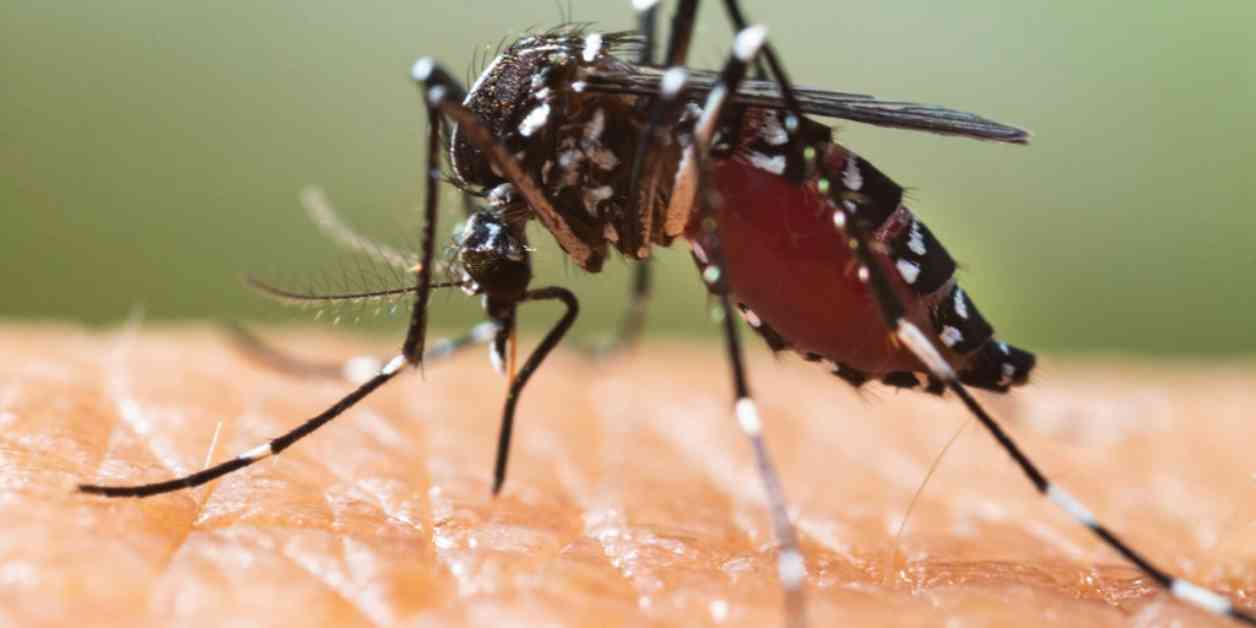A woman in Dallas County, Texas, passed away due to the West Nile virus, as per a recent press release from the Dallas County Health and Human Services (DCHHS). The patient, whose identity was not disclosed, had contracted a severe neuroinvasive form of the disease and had underlying health problems, officials mentioned. This incident marks the county’s first West Nile-related death in 2024.
Dr. Philip Huang, the director of DCHHS, expressed deep sorrow over the loss and stressed the importance of protecting oneself against mosquito bites, which can transmit various diseases, including West Nile virus. Since its introduction to the U.S. in 1999, the West Nile virus has become the primary cause of mosquito-borne illnesses in the country, according to the Centers for Disease Control and Prevention (CDC).
Most individuals infected with the West Nile virus, which belongs to the flavivirus family, do not exhibit any symptoms. Those who do develop symptoms may experience a fever along with body aches, headache, joint pain, diarrhea, rash, and vomiting, among other issues. In rare cases, the virus can lead to severe conditions affecting the nervous system, such as encephalitis or meningitis.
While the virus is rarely fatal, serious cases can result in symptoms like high fever, disorientation, muscle weakness, tremors, and paralysis. Certain groups, including individuals over 60 years of age and those with underlying health conditions, are at a higher risk of developing severe illness. Diagnosis of West Nile virus can be made based on symptoms, recent exposure to mosquitoes, and testing of blood or spinal fluid.
Health care providers typically recommend treating symptoms with over-the-counter medications and ample rest and fluids. Severe cases may require hospitalization for supportive care. Prevention measures include using insect repellent, wearing protective clothing, eliminating standing water to prevent mosquito breeding, and minimizing outdoor activities during peak mosquito hours.
As of August 6, there were 103 reported cases of West Nile virus across 26 states in the U.S., with 68 cases classified as severe. While there is currently no vaccine for the virus, public health measures such as using insect repellent, wearing appropriate clothing, and reducing stagnant water can help contain its spread. Overuse of insecticides to kill mosquitoes can have adverse effects on animals and people with asthma.
Dallas County health officials advise residents to follow the “four Ds” to protect themselves from mosquitoes: use insect repellent containing DEET, wear long, loose clothing, eliminate standing water, and minimize outdoor activities during peak mosquito hours. By taking these precautions, individuals can reduce their risk of contracting the West Nile virus and other mosquito-borne diseases.


















